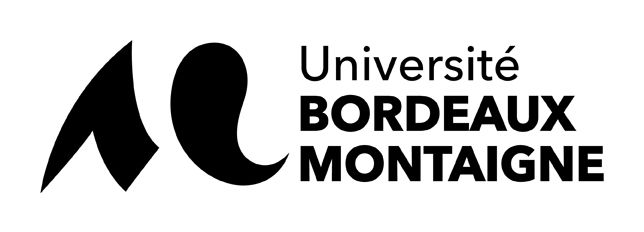The Bordeaux Montaigne University (UBM) is a Humanist university with a long tradition of openness to the international community. It brings together approximately 16,000 students and 1,300 teaching and administrative staff for the study and research in Arts, Languages, Literature, and Human and Social Sciences. The UBM welcomes 2,000 foreign students from over 120 nationalities, half of them engaged in exchange programs.
The international strategy of the university is based on the following aspects: the strengthening of institutional partnerships in strategic areas; the strengthening of teacher mobility in order to contribute to the internationalization of the academic offer; the strengthening of staff mobility in order to contribute to the internationalization of different services that make up the institution; the strengthening of student mobility with the objective of developing the transversal, academic, linguistic and intercultural competencies in order to improve their employability in their country as well as abroad; and the strengthening of cross-border partnerships as part of the exchange of good practice. In this perspective, Bordeaux Montaigne seeks to increase the quality and the clarity of its teaching and research in Europe; to keep up with the quality standards of Europe; to participate in the creation of a collaborative working space to add value to its university specificities; to build convergent cross-border projects, based on scientific coherence, as well as in the need to obtain significant results.
The relation with the EUROM network is developed in the framework of the research team AMERIBER (Amérique latine, Pays ibériques EA 3656) and coordinated by professor Jesus Alonso Carballes. Focused in the study of the memory of the victims of political violence and of the wars of the 20th and 21st centuries, AMERIBER aims to preserve the history of the processes of recognition of those victims in the public space, highlighting the role that could be played by the symbolic dimension of politics in order to overcome the social consequences of violence. The group also develops studies about the many current accounts that reflect the history and uses of the past in the public space.
